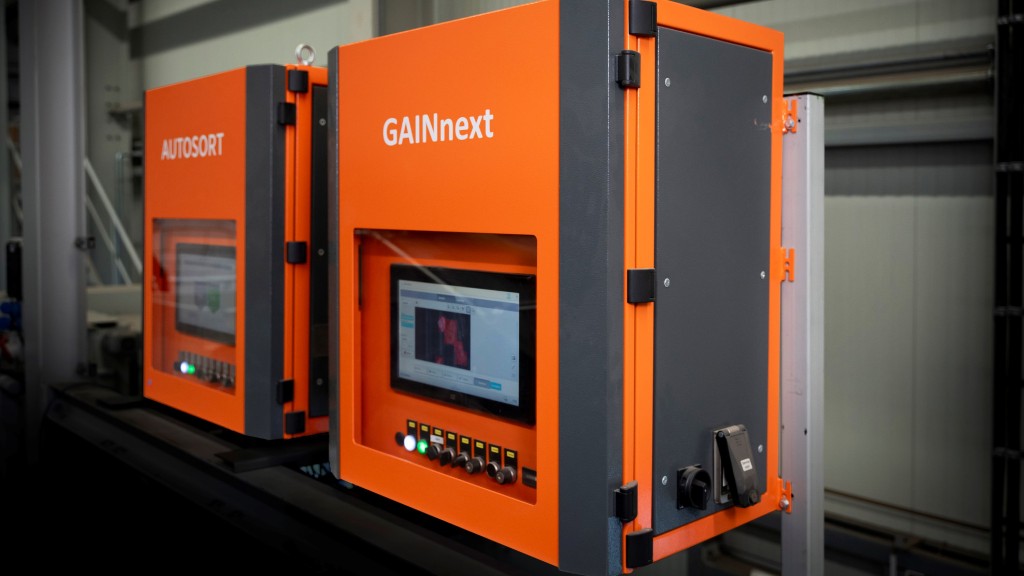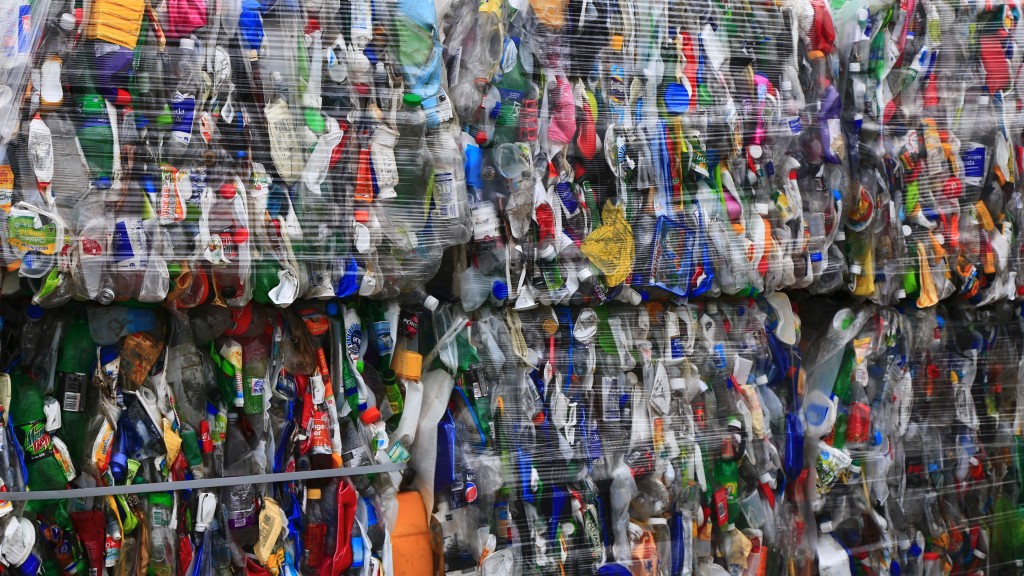
TOMRA Recycling has launched three applications to separate food-grade from non-food-grade plastics for PET, PP, and HDPE.
TOMRA says that the continued research and development in its GAIN deep learning-based sorting add-on has enabled the separation advancement. This technology allows recyclers to quickly and efficiently separate food-grade from non-food-grade plastics for PET, PP, and HDPE on a large scale.
Food-grade sorting has proved a real challenge for the industry as food and non-food packaging are often made of the same material and visually very similar, which makes it difficult for any traditional sorting system on the market today to differentiate and separate. Hygiene concerns and increasingly stringent industry regulations add a further layer of complexity to handling food waste in recycling.
However, TOMRA's GAIN technology – rebranded GAINnext – resolves these challenges by further enhancing the sorting performance of the company's AUTOSORT units, so they are capable of identifying objects that are hard to classify using traditional optical waste sensors.
Achieving purity levels of over 95 percent
GAINnext combines TOMRA's near-infrared, visual spectrometry, or other sensors with deep learning technology to create an accurate sorting solution. TOMRA says that this technology achieves a purity level of 95 percent in packaging applications.
TOMRA is also launching two non-food applications that complement the company's existing GAINnext ecosystem: a PET cleaner application for PET bottle streams and an application for deinking paper for cleaner paper streams.
Solving complex sorting tasks
"The use of deep learning technology not only automates manual sorting but also enables the industry to achieve high-quality recyclates through more granular sorting. Thanks to its ability to detect thousands of objects by material and shape in milliseconds, GAINnext solves even the most complex sorting tasks. Plus, with its integrated deep learning software, it offers the opportunity to adapt to future demands," says Indrajeed Prasad, product manager of deep learning at TOMRA Recycling.
Utilizing proven technology
GAINnext 's deep learning technology has been proven in the field for many years. TOMRA introduced deep learning technology in 2019 with an application to identify and remove PE-silicon cartridges from polyethylene (PE) streams. An application for wood chip classification soon followed. To date, more than 100 AUTOSORT units with GAINnext are installed at material recovery facilities globally.
Among the early adopters of the new applications are plants such as Berry Circular Polymers' flagship facility in Leamington Spa, Viridor Avonmouth in Bristol and the French Nord Pal Plast plant, which is owned by the global Dentis Group.



